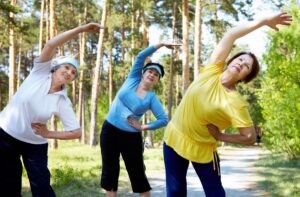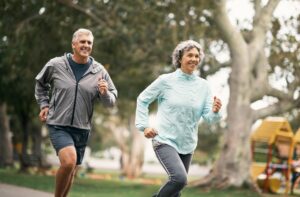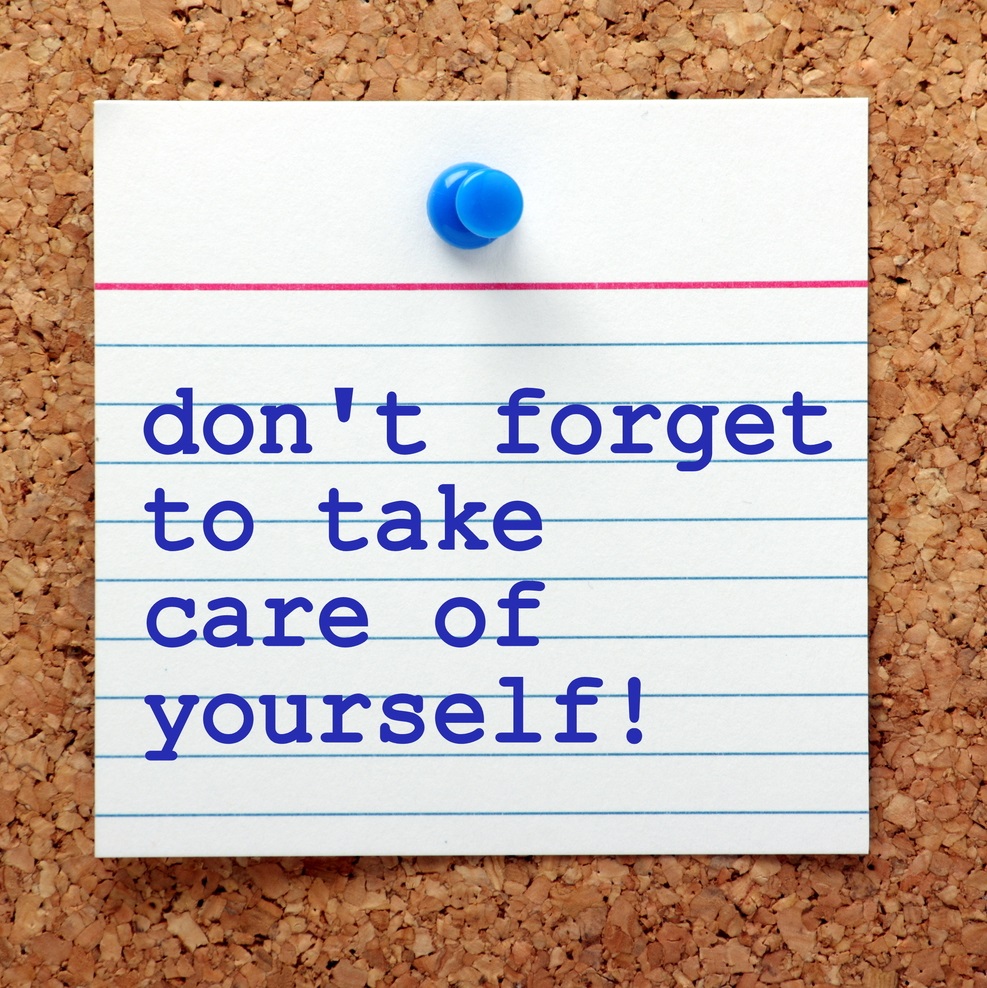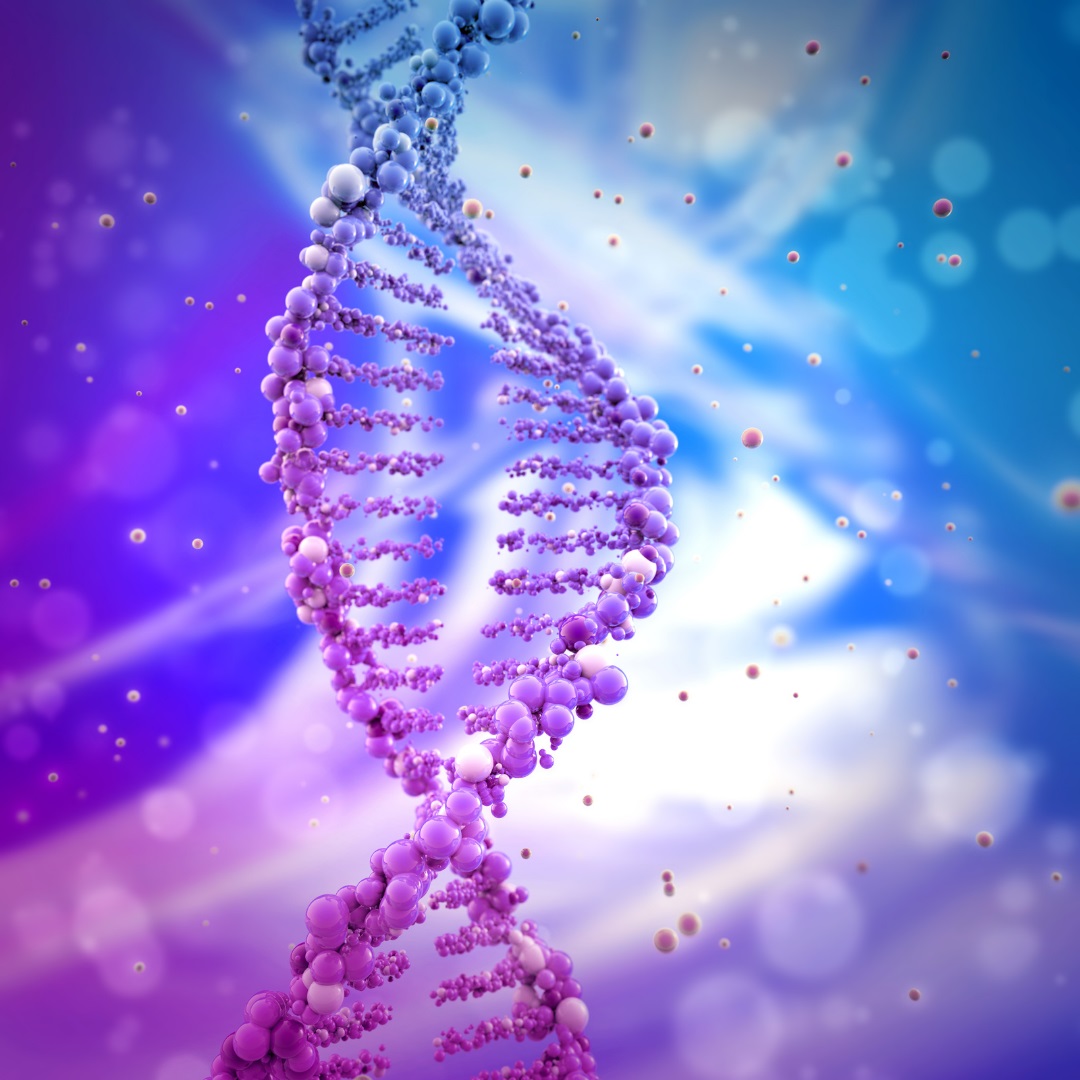Aging is a contentious subject in many ways, and like most contentious subjects, it is surrounded by myths and stories. We’ll dispel six aging myths in this post to help you decide on the best course of action for moving forward.
Myth #1: Aging and Mental Decline Are Mutually Exclusive
 While senility and mental decline are frequently linked to aging, they are frequently just acute reactions to other causes; getting older does not always mean losing mental capacity.
While senility and mental decline are frequently linked to aging, they are frequently just acute reactions to other causes; getting older does not always mean losing mental capacity.
Things like various prescription medications for physical discomfort or dysfunction can frequently have mental side effects, but the mental decline doesn’t occur until a reasonably old age.
Additionally, a decline in mental clarity frequently has a lifestyle component and a medical component.
In retirement, there is often less intellectual stimulation, less challenge, and less social connection, which could affect one’s mental health.
The mental lethargy experienced by older populations who participate in social and intellectual activities differs from those who do not.
Myth #2: Growing Older is Accompanied by a Specific Set of Conditions
It is a complete misconception that becoming older means developing diseases, slowing down, losing your fun factor, thinking like an old fogey, being boring or slow, or essentially different from younger people.
Preconceptions and prejudices about aging are untrue and set the stage for a way of thinking that results in unsuccessful aging.
Even though you are older in years, you are the same person. You are only as old or young as you think you are!
Myth #3: We Will Continue To Take Medication for Age-Related Conditions
 Medicine is similar to any stimulus or new circumstance we present to the body in that it will cause the body to react to make the necessary change.
Medicine is similar to any stimulus or new circumstance we present to the body in that it will cause the body to react to make the necessary change.
Still, over time the body will adapt to reestablish homeostasis.
Similar to how we initially feel exhausted or worn out after working out, our bodies adapt over time, making the same exercise less complicated.
There appears to be a belief that as we age, taking medications and following prescriptions is just a fact of life and that any ailment we have is static.
On the other hand, as time passes, we must continue to adjust our medications, lifestyle, nutrition, and other aspects for our bodies to continue to develop and stay active rather than become dependent on medications and enter a state of stasis, especially ones with potentially harmful side effects.
Myth #4: The Aging Process Is Accompanied by a Loss of Balance
A more honest way to phrase this is to state that everyone falls as they age. Although it may happen frequently, this is a mistaken assumption.
Elderly populations do decline, but this is mainly due to people discontinuing physical activity, eating poorly, and other lifestyle choices that, over time, weaken our physical capabilities.
Balance may be preserved throughout time with the right amount of exercise and training, but as we age, we tend to engage in less and less physical activity when we should be doing the same or even more.
Instead of considering falls a natural part of aging, this stimulation and ongoing challenge to our neuromuscular system help us maintain and improve balance.
Myth #5: Your Body Becomes Dehydrated as You Get Older
 Although we naturally don’t require or drink as much water as we did when we were younger, dehydration is not inevitable and can be prevented.
Although we naturally don’t require or drink as much water as we did when we were younger, dehydration is not inevitable and can be prevented.
There are various causes for this, but ultimately it comes down to the reality that we don’t drink as much water as we age.
This can lead to chronic dehydration, which doesn’t have to be the case.
We must stay hydrated as we age because water is an essential aspect of human life and affects practically every system in the body in some way.
Myth #6: Limited and Reserved Activity Is Required
Most people, particularly in Western culture, abruptly discontinue or significantly reduce their physical activity in later life and never resume it.
There is a paradigm that says as we age, we should switch to low-intensity exercises because we are too frail or old to work with intensity.
This couldn’t be further from the truth; in reality, we typically haven’t kept up our physical activity and training to be at a level that allows us to engage in those activities.
Even though we may not be at the peak of our physical abilities, if we have kept up our training, there is no reason why we cannot continue to engage in vigorous or intense physical activities.
In addition, resistance training’s positive effects on bone density, metabolism, inflammation, balance, and other factors suggest that we should stay active rather than just being able to.
Age is no excuse for inactivity; a young and energetic mind comes from an active body!
Dispelling the Aging Myths!
These aging myths stop people from enjoying their golden years. No matter our age, there is no reason why we can’t live a happy and fulfilling life!
“Getting old is like climbing a mountain; you get a little out of breath, but the view is much better!” — Ingrid Bergman





